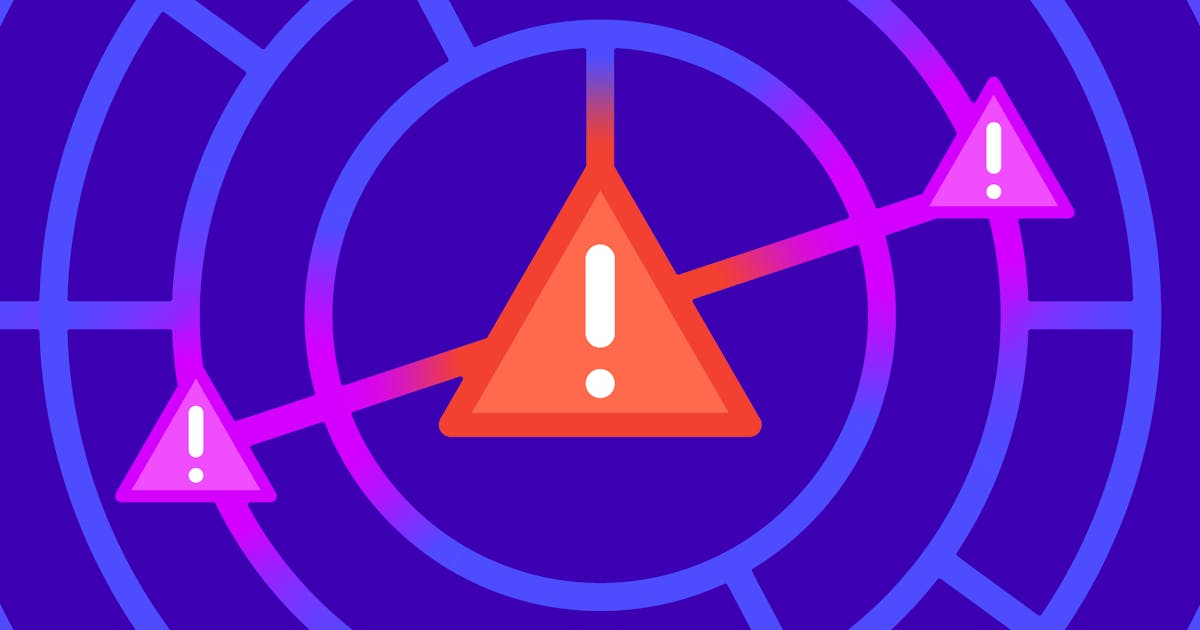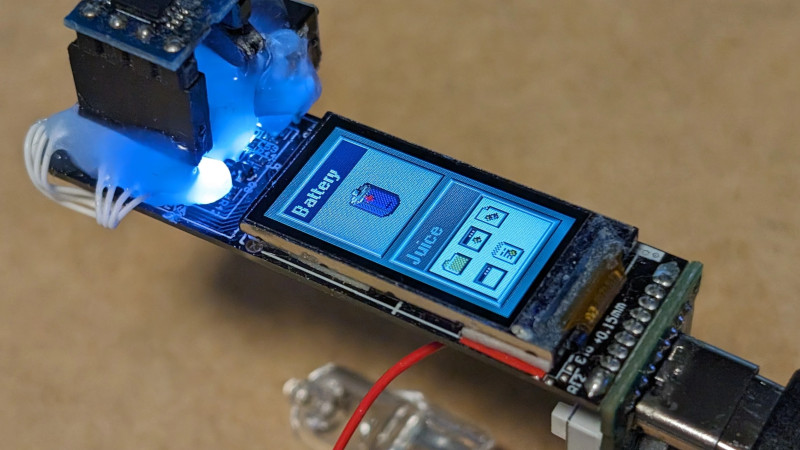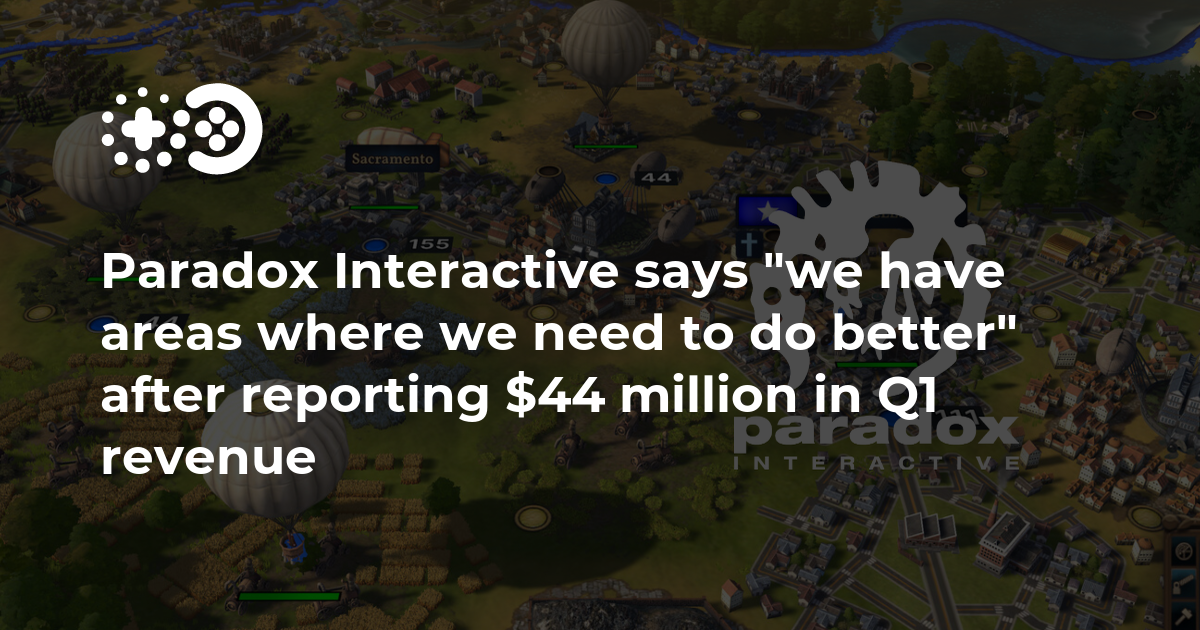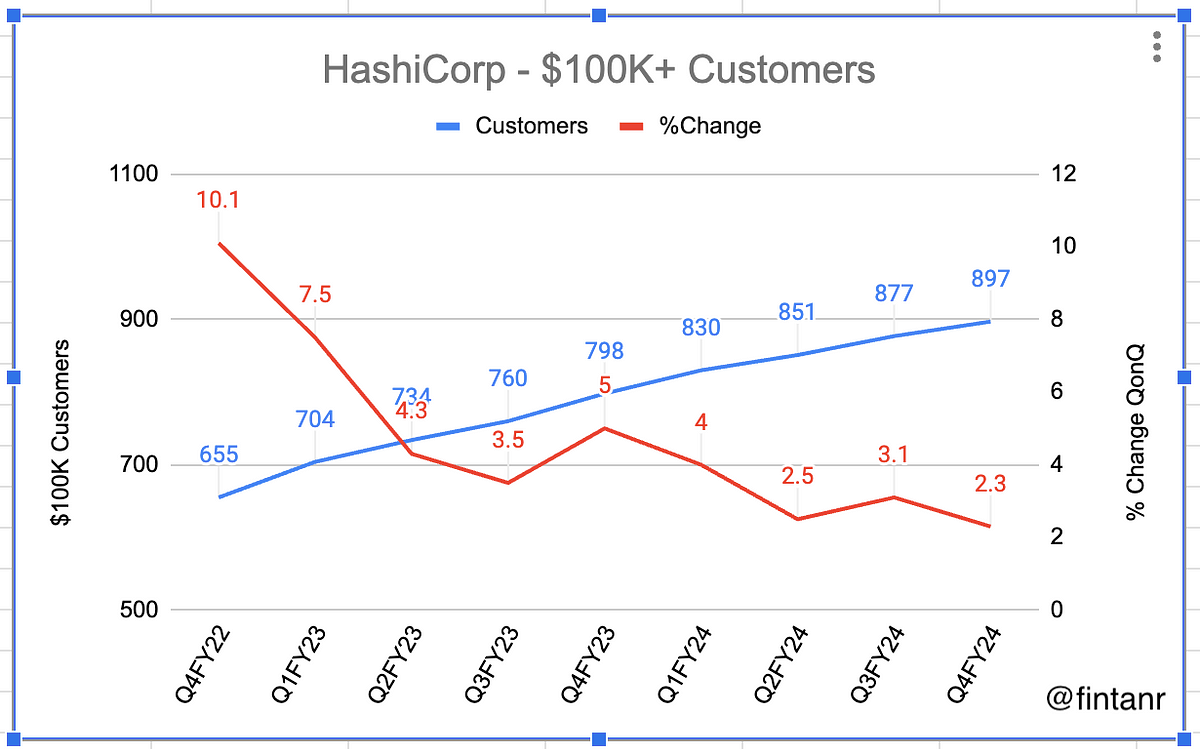
Making the hard problem of consciousness easier
The history of science includes numerous challenging problems, including the ŌĆ£hard problemŌĆØ (1) of consciousness: Why does an assembly of neuronsŌĆöno matter how complex, such as the human brainŌĆögive rise to perceptions and feelings that are consciously experienced, such as the sweetness of chocolate or the tenderness of a loving caress on one's cheek? Beyond satisfying this millennia-old existential curiosity, understanding consciousness bears substantial medical and ethical implications, from evaluating whether someone is conscious after brain injury to determining whether nonhuman animals, fetuses, cell organoids, or even advanced machines (2) are conscious. A comprehensive and agreed-upon theory of consciousness is necessary to answer the question of which systemsŌĆöbiologically evolved or artificially designedŌĆöexperience anything and to define the ethical boundaries of our actions toward them. The research projects described here will hopefully point the way and indicate whether some of today's major theories hold water or not.
After prosperous decades of focused scientific investigation zeroing in on the neural correlates of consciousness (3), a number of candidate theories of consciousness have emerged. These have independently gained substantial empirical support (4ŌĆō7), led to empirically testable predictions, and resulted in major improvements in the evaluation of consciousness at the bedside (8, 9). Notwithstanding this progress, the conjectures being put forward by the different theories make diverging claims and predictions that cannot all be simultaneously true. Moreover, the theories evolve and continue to adapt as further data accumulates, with hardly any cross-talk between them. How can we then narrow down on which theory better explains conscious experience?











.png)










